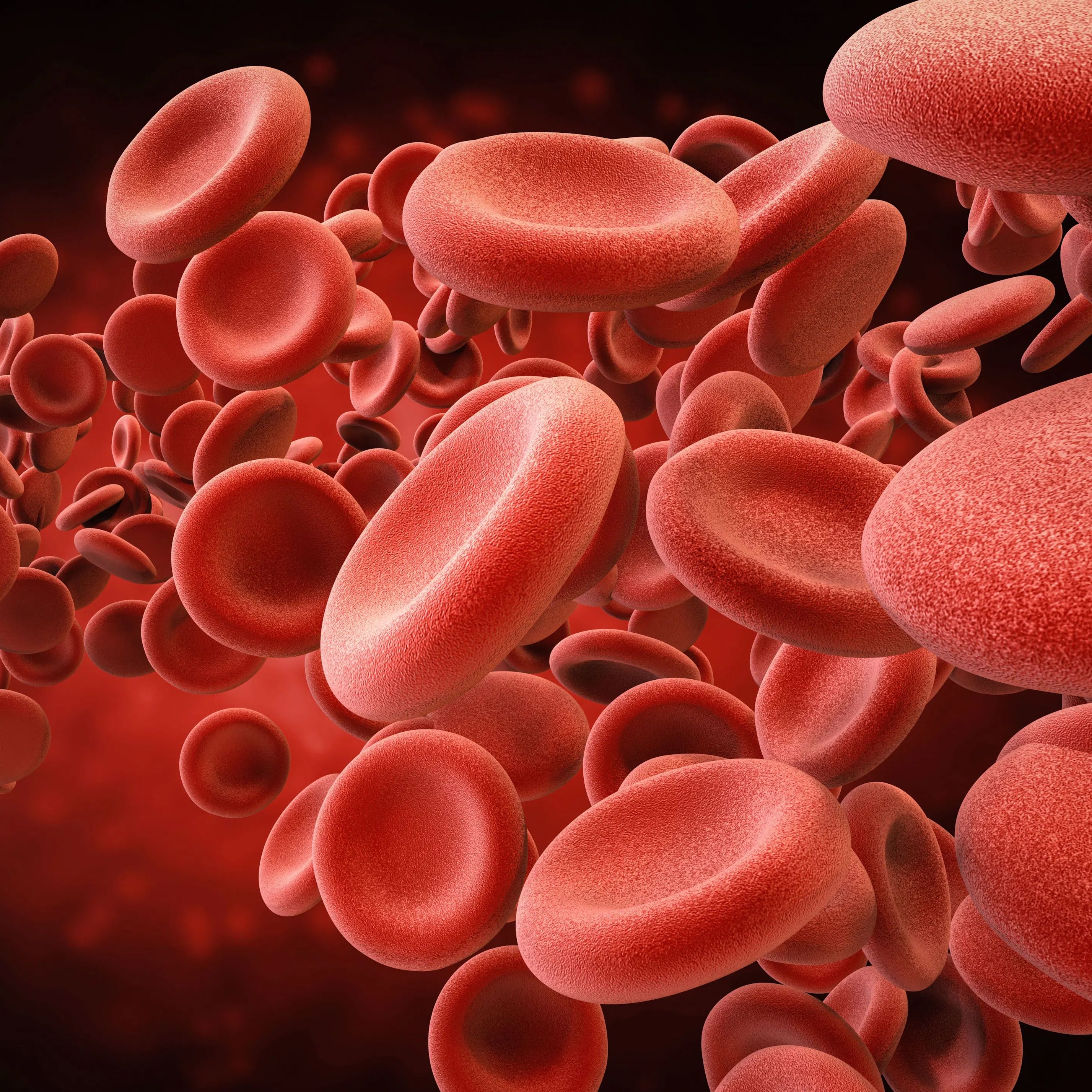News
Article
KP104 Achieves Robust Efficacy in Paroxysmal Nocturnal Hemoglobinuria
Author(s):
Long-term Phase 2 data demonstrate KP104's potential as an optimal first-line monotherapy for PNH.
Credit: Fotolia

KP104 demonstrates optimal long-term safety and efficacy for complement inhibitor-naïve patients with paroxysmal nocturnal hemoglobinuria (PNH), according to Phase 2 results presented at the European Hematology Association (EHA) 2024 Hybrid Congress.1
Announced by Kira Pharmaceuticals on June 17, 2024, these data highlighted KP104 as a potential first-line monotherapy to safely and effectively control intravascular (IVH) and extravascular hemolysis (EVH) of PNH.
“We are very encouraged by the robust efficacy and favorable safety profile demonstrated by KP104 in our Phase 2 study,” said Wenru Song, head of R&D at Kira Pharmaceuticals. “These long-term results support the advancement of KP104 into Phase 3 trials.”
PNH is a rare, life-threatening blood disease characterized by the destruction of red blood cells, the formation of blood clots, and impairment of bone marrow function.2 It is generally caused by a genetic mutation causing the production of aberrant hematopoietic stem cells, which produce irregular red blood cells.
Current treatment options include C5 inhibitors, which do not address EVH in an alternative pathway, or a C3 inhibitor, which can address EVH but not block C5 downstream and lead to life-threatening breakthrough hemolysis.3
KP104 is a first-in-class dual-targeting complement inhibitor simultaneously designed to block the alternative (Factor H) and terminal (C5) complement pathways.1 A dual-target mechanism of action could allow KP104 to address complement-mediated disease and achieve greater benefits than single-target complement agents.
KP104 will enter Phase 2 proof-of-concept global trials across renal diseases and hematologic indications. The US Food and Drug Administration (FDA) has granted KP104 Orphan Drug Designation for treating PNH.4
This Phase 2 study included results from 18 patients treated with KP104 subcutaneously for up to 65 weeks, with 24-26 of these treatment weeks being on the optimal biological dose for all patients, after switching from 3 cohorts (n = 6 each) in the dose escalation phase.1
Upon analysis, these 18 participants continued to show sustained improvement in hemoglobin levels after switching to the optimal dose of KP104. All patients (100%) achieved ≥2 g/dL increase from baseline and 16 (89%) attained hemoglobin normalization (≥12 g/dL), with an average of 13.5 g/dL in the absence of red blood cell transfusions.
The release indicated the other two patients with co-existing conditions, including aplastic anemia and myeloproliferative neoplasms, also showed hemoglobin improvement approaching near-normal levels.
Meanwhile, patients exhibited sustained control of lactate dehydrogenase (LDH) levels to near-normal levels during treatment, suggesting strong intraventricular hemorrhage control. At the end of the 24-26 weeks post-optimal biological dose switch period, 17 (94%) patients achieved LDH levels <1.5 times the upper limit of normal (ULN).
All patients were free from red blood cell transfusions between Day 1 and Week 65 of KP104 treatment.
Significant clinical improvements were identified for all other secondary endpoints, including the normalization of absolute reticulocyte counts, bilirubin levels, and FACIT-fatigue scores after switching to the optimal biological dose. Safety data showed a well-tolerated clinical profile without treatment-emergent adverse events at or above Grade 3.
These long-term Phase 2 results suggest the potential of KP104 as a transformative novel monotherapy that addresses the current unmet medical needs in patients with PNH. Kira Pharmaceuticals indicated Phase 3 global studies are being planned to investigate KP104 further as a potential new standard of care for PNH.
“We are committed and looking forward to bringing this promising therapy to patients suffering from PNH as quickly as possible,” Song added.
References
- Kira Pharmaceuticals Presents Positive Results of KP104 Phase 2 Paroxysmal Nocturnal Hemoglobinuria (PNH) Study at European Hematology Association (EHA) Congress 2024 Demonstrating Long-term Safety and Efficacy. News and press releases. June 17, 2024. Accessed June 17, 2024. https://www.kirapharma.com/news/3b8d2eba-596e-4767-9045-35f220240617.
- Risitano AM, Rotoli B. Paroxysmal nocturnal hemoglobinuria: pathophysiology, natural history and treatment options in the era of biological agents. Biologics. 2008;2(2):205-222. doi:10.2147/btt.s1420
- Bektas M, Copley-Merriman C, Khan S, Sarda SP, Shammo JM. Paroxysmal nocturnal hemoglobinuria: current treatments and unmet needs. J Manag Care Spec Pharm. 2020;26(12-b Suppl):S14-S20. doi:10.18553/jmcp.2020.26.12-b.s14
- Kira Pharmaceuticals Receives FDA Orphan Drug Designation for KP104, a Bifunctional Antibody Fusion Protein, for the Treatment of Paroxysmal Nocturnal Hemoglobinuria. News and press releases. July 28, 2022. Accessed June 17, 2024. https://www.kirapharma.com/news/554413ba-8a15-4808-bcb8-92ebf81fc776.





